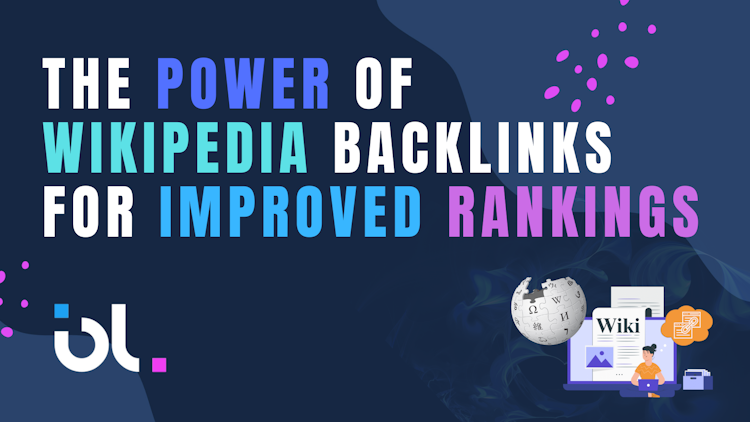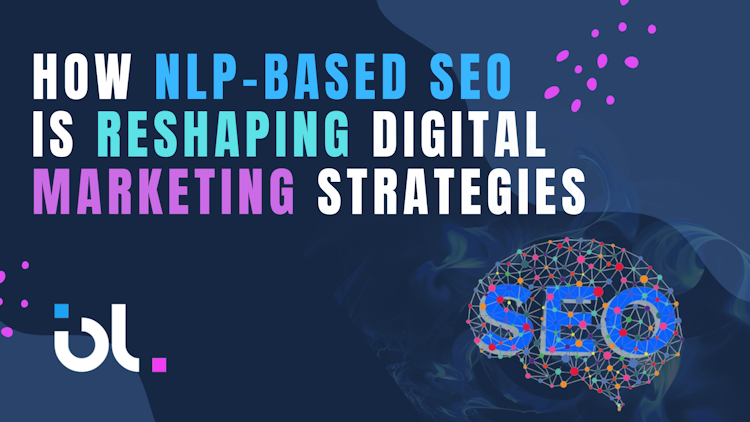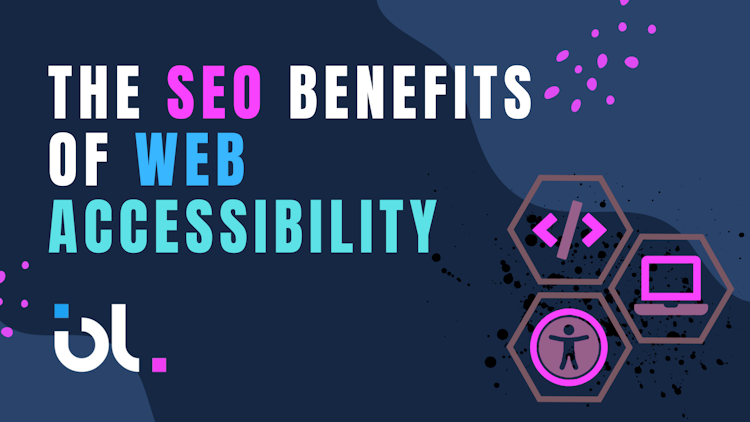To comprehend the impact of accessibility on SEO, it’s essential to understand the accessibility standards that govern website design. The Web Content Accessibility Guidelines (WCAG) and the Americans with Disabilities Act (ADA) are two of the most well-known examples of such regulations. These guidelines provide comprehensive instructions for creating accessible digital content and ensuring equal access for all users.
SEO Benefits of Implementing Accessibility Standards
1. Enhanced User Experience
User-friendly design and navigation are two factors that contribute to a satisfying experience for the user. Websites that adhere to accessibility standards tend to have intuitive layouts and easy-to-navigate menus, enhancing user satisfaction. An intuitive design decreases the amount of annoyance experienced by visitors and encourages them to explore more pages, enhancing engagement metrics such as time spent on site and page views.
2. Increased Organic Traffic
Accessibility is a ranking factor in search engines. Websites that meet accessibility standards are more likely to be favored by search algorithms, resulting in improved search engine rankings. Moreover, implementing accessibility measures helps reach broader audiences, including users with disabilities. By catering to a diverse user base, websites can attract more organic traffic and potential conversions.
3. Improved Website Usability
Users as well as search engines want content that is easy to understand and that gets right to the point. Accessibility guidelines emphasize the importance of well-structured content with proper heading hierarchy and descriptive text. This strategy improves readability while also assisting search engines in gaining a deeper understanding of the content of a website. Additionally, accessible design principles often align with mobile-friendly practices. By implementing responsive design and mobile accessibility features, websites can improve their mobile rankings and attract more mobile users.
4. Positive Social Signals
Websites that prioritize accessibility tend to garner positive social signals. Users appreciate inclusive design and are more likely to share accessible content on social media, increasing brand visibility and driving traffic. Furthermore, demonstrating a commitment to accessibility builds a positive brand image. It showcases the brand’s inclusivity and values, attracting a larger and more loyal audience. Likes, shares, and comments are all examples of social signals that may have an indirect impact on where a website ranks in search results. By incorporating accessibility, websites can improve their social engagement, thereby positively impacting their SEO efforts.


Best Practices for Implementing Accessibility Standards
Implementing accessibility standards requires a systematic approach. Conducting an accessibility audit is the first step in identifying any existing barriers and areas for improvement. It’s crucial to fix common accessibility problems like these, such as having text alternatives for pictures, using high-contrast colors, and supporting keyboard navigation. Accessibility may be ensured to be addressed from the very beginning of the web development process by integrating accessibility into that process. Continuous testing and monitoring of accessibility compliance help maintain the website’s accessibility standards over time.
Overcoming Challenges in Implementing Accessibility Standards
Implementing accessibility standards may present challenges, such as technical and design obstacles. In order to conquer these obstacles, it is essential to locate the frequent roadblocks that may stand in the way of accessibility. Strategies for addressing technical challenges include adopting accessible design frameworks and leveraging assistive technology. Collaboration with accessibility experts and stakeholders can provide valuable insights and ensure the successful implementation of accessibility standards.
Accessible SEO Tools and Resources
A wide range of tools and resources are available to assess accessibility and optimize SEO. Accessibility testing tools and plugins help identify and rectify accessibility issues, ensuring compliance with accessibility standards. Screen readers, color contrast checkers, and automated accessibility testing tools are some examples of highly recommended software. Accessible SEO resources, blogs, and communities provide ongoing learning and support for implementing and maintaining accessibility standards.
The Legal and Ethical Implications of Accessibility for SEO
Understanding the legal requirements and regulations regarding web accessibility is crucial. Inaccessible websites may face legal consequences, such as lawsuits and penalties. Not only can compliance with accessibility requirements assist in the avoidance of legal concerns, but it also indicates a commitment to inclusiveness and ethical business operations. When it comes to the digital world, placing an emphasis on the necessity of inclusion helps to develop an online environment that is more egalitarian.
Measuring and Monitoring the SEO Impact of Accessibility Standards
Measuring and monitoring the SEO impact of accessibility standards is essential to evaluating their effectiveness. Key metrics and indicators, such as organic traffic, bounce rates, and user engagement, can be tracked to assess the SEO performance of accessible websites. Analyzing the correlation between accessibility improvements and SEO rankings helps determine the impact of accessibility on search engine visibility. Establishing a framework for ongoing monitoring and optimization ensures the long-term success of accessibility efforts.
Future Trends and Innovations in Accessibility and SEO
Emerging technologies and advancements are shaping accessibility and SEO. Predictions suggest the future integration of accessibility into search engine algorithms, making it even more crucial to prioritize accessibility for improved SEO. To maintain a competitive advantage, it is necessary to adapt to ever-changing accessibility and SEO trends. Exploring emerging technologies, such as voice search optimization and artificial intelligence, can offer valuable insights for integrating accessibility and SEO strategies.
To Put It All Together
Implementing accessibility standards on websites yields significant SEO benefits. By prioritizing web accessibility, websites enhance the user experience, increase organic traffic, improve website usability, and boost positive social signals. The integration of accessibility and SEO is crucial for long-term success in digital marketing, ensuring inclusivity and reaching a wider audience. Recognizing the profound impact of accessibility on SEO rankings and embracing accessibility as an essential aspect of website optimization is key to achieving sustainable SEO success.




